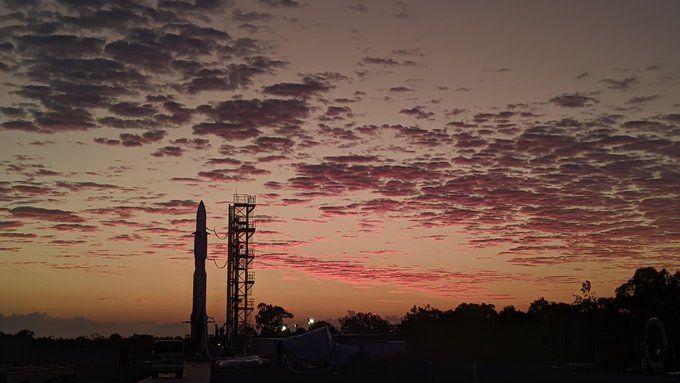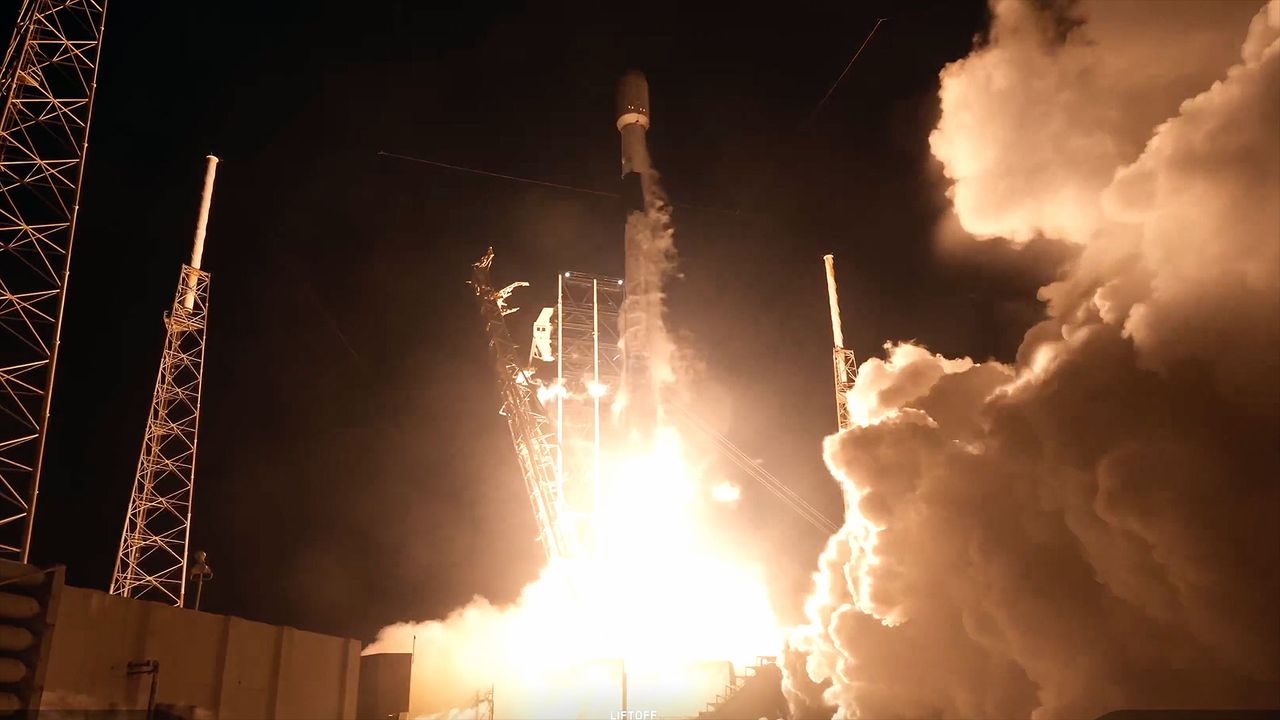Now Reading: Australia’s First Orbital Rocket Eris Fails on Historic Launch Attempt
-
01
Australia’s First Orbital Rocket Eris Fails on Historic Launch Attempt
Australia’s First Orbital Rocket Eris Fails on Historic Launch Attempt

Swift Summary
- Event: Gilmour Space conducted Australia’s first homegrown orbital launch attempt on July 29, 2025.
- Rocket: The Eris rocket launched from Bowen Orbital Spaceport, Queensland at 6:35 p.m. EDT (8:35 a.m. local Australian time).
- Result: The rocket crashed back to Earth just 14 seconds after liftoff following a sideways slide off the pad; its engine burned for approximately 23 seconds.
- Objective: Gilmour Space aimed to gather valuable data to improve rocket reliability and performance for future launches rather than expecting full success on this maiden test flight.
- Background: After multiple delays due to weather issues and technical challenges in prior months, this marked an notable step toward building Australia’s spaceflight capability as the last orbital launch from its soil in 1971 (Black Arrow/Prospero satellite).
- Company Notes: Gilmour Space expressed optimism post-launch, calling it “a big step” while focusing on safety and data collection for future TestFlight missions.
image Caption: Eris rocket stands on the pad ahead of its historic launch (credit: Gilmour Space).
Indian Opinion Analysis
The unsuccessful yet groundbreaking launch of eris signals Australia’s advancing efforts toward establishing sovereign space capabilities-a field dominated globally by nations like the U.S., Russia, India, China, and private players such as SpaceX. Tho disappointing as a mission result, it is indeed relevant to note that similar setbacks have frequently occured even with experienced operators during early-stage development phases.
For India specifically-an established leader with ISRO’s successful record-the event highlights increasing competition in commercialized space ventures while reinforcing how unpredictable such missions can be despite meticulous readiness. India’s approach may benefit from observing startups like Gilmour that prioritize iterative testing over immediate success while expanding sovereign operations outside long-standing customary players.
As developing countries increasingly explore using domestic-built rockets for independent launches (rather than solely relying upon established global partners),mutual learning opportunities become more significant-advancing collaboration potential between innovative organizations worldwide in research or joint-launch endeavors.




























